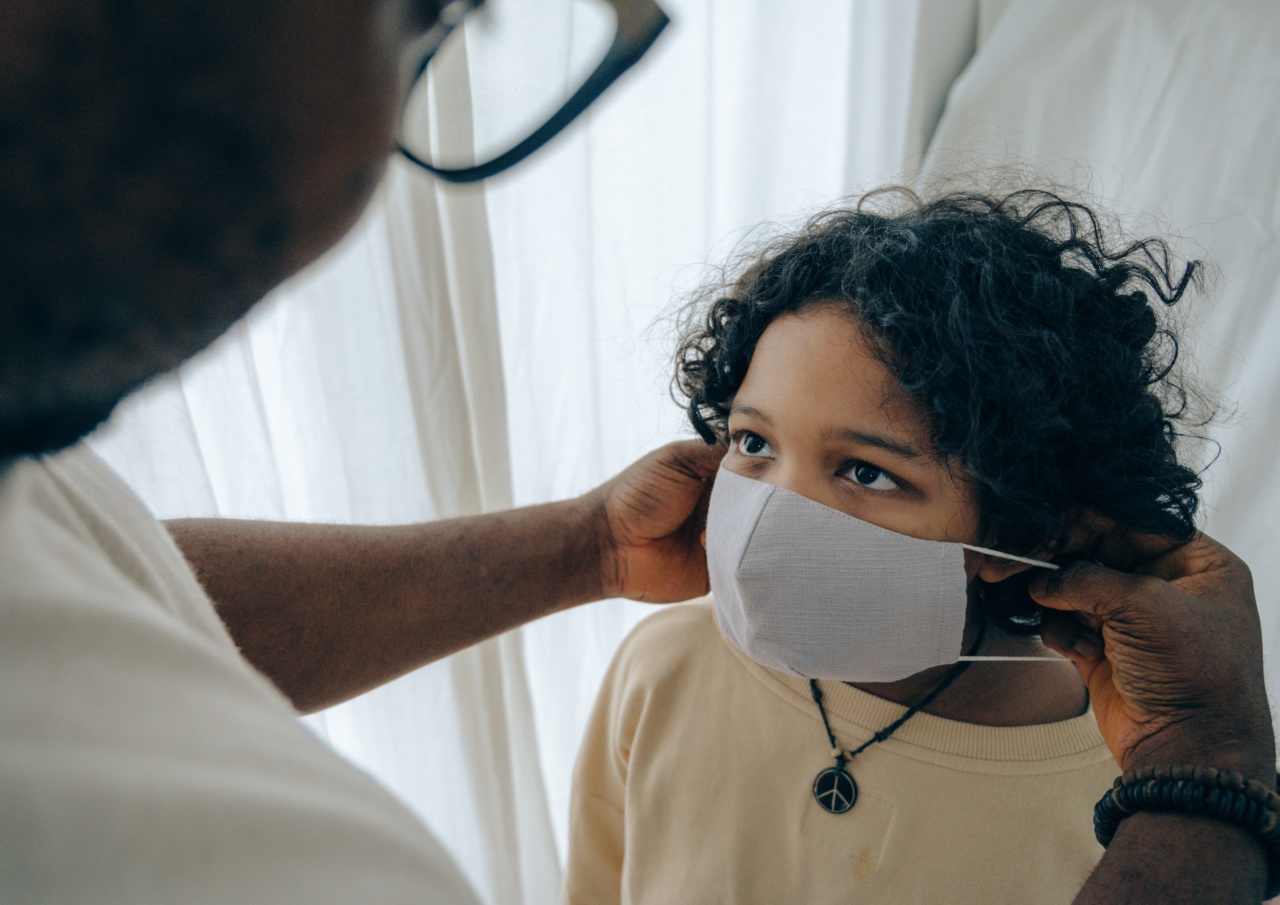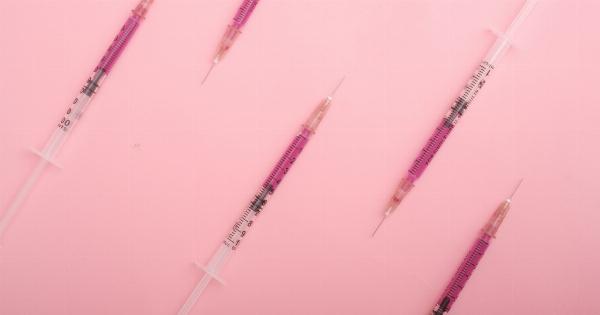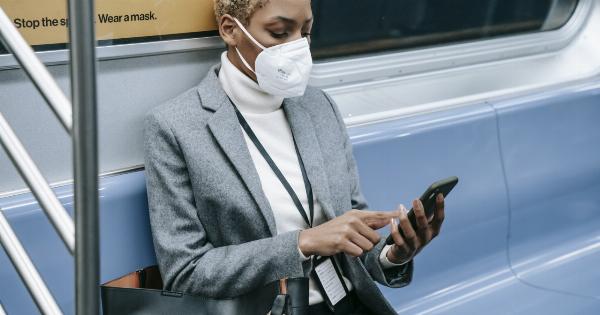Meningitis B is a type of meningococcal disease caused by the bacterium Neisseria meningitidis serogroup B. This disease can cause severe inflammation of the protective membranes that surround the brain and spinal cord.
Meningitis B can be fatal in some cases, and it can cause long-term problems such as disability, hearing loss, and cognitive impairment.
How is Meningitis B spread?
Meningitis B is spread through contact with respiratory and throat secretions, such as coughing, sneezing, kissing, or sharing drinks or utensils.
The bacteria can also survive on surfaces for some time, so touching an infected surface and then touching the nose or mouth can also spread the infection.
Who is at risk of Meningitis B?
Anyone can contract Meningitis B, but certain factors can increase the risk of infection, such as:.
- Age: Infants and young children are at higher risk of Meningitis B.
- Living conditions: Living in close quarters, such as college dorms or military barracks, can increase the risk of Meningitis B.
- Travel: Traveling to areas with high rates of meningococcal disease, such as sub-Saharan Africa, can increase the risk of Meningitis B.
- Weak immune system: Having a weakened immune system due to illness or medication can increase the risk of Meningitis B.
What are the symptoms of Meningitis B?
The symptoms of Meningitis B can be similar to other types of meningococcal disease, as well as other infections, making it difficult to diagnose. Symptoms can range from mild to severe, and can include:.
- Fever
- Headache
- Stiff neck
- Nausea and vomiting
- Sensitivity to light
- Confusion
- Drowsiness or difficulty waking up
- Seizures
- Rash
How is Meningitis B diagnosed?
If Meningitis B is suspected, the doctor will perform a physical exam and ask about the symptoms and medical history. Tests may include:.
- Blood tests
- Lumbar puncture (spinal tap) to collect a sample of cerebrospinal fluid
- Imaging tests, such as a CT scan or MRI, to look for signs of inflammation
How is Meningitis B treated?
Meningitis B is a medical emergency and requires immediate treatment. Treatment may include:.
- Antibiotics: Intravenous antibiotics are used to kill the bacteria.
- Supportive care: Treatment may also include pain relievers, fever reducers, and fluids to prevent dehydration.
How can Meningitis B be prevented?
The best way to prevent Meningitis B is by getting vaccinated. The meningococcal B vaccine is recommended for all individuals ages 16 to 23, with a preferred age of 16 to 18 years.
The vaccine is also recommended for individuals ages 10 to 25 who are at increased risk of Meningitis B, such as those with weakened immune systems or those living in close quarters. Other ways to prevent the spread of Meningitis B include:.
- Wash hands frequently with soap and water.
- Avoid close contact with people who are sick.
- Avoid sharing drinks, utensils, or personal items.
- Cover the nose and mouth when sneezing or coughing.
- Clean and disinfect surfaces regularly, especially in communal areas.
What to do if you suspect Meningitis B?
If you or someone you know develops symptoms of Meningitis B, seek medical attention immediately. Do not wait to see if the symptoms go away on their own. Meningitis B can be life-threatening and requires urgent treatment.
Conclusion
Meningitis B is a serious and potentially fatal disease that can cause long-term problems. The best way to protect your child from Meningitis B is to get them vaccinated.
Other preventive measures, such as washing hands frequently and avoiding close contact with sick individuals, can also help reduce the risk of infection. If you suspect Meningitis B, seek medical attention immediately.




























